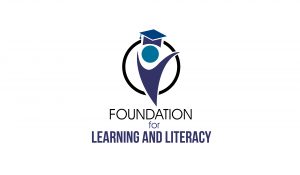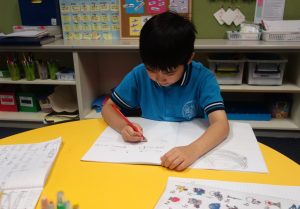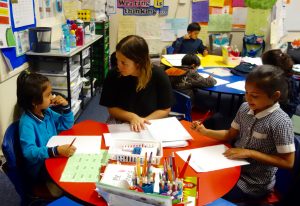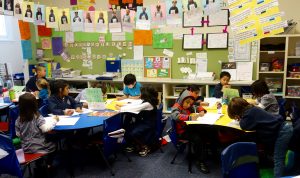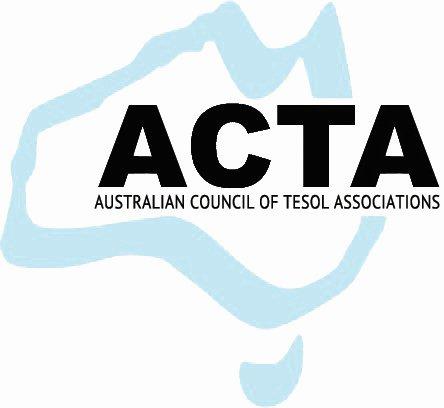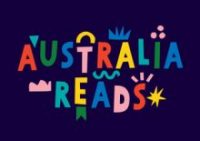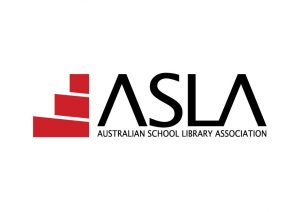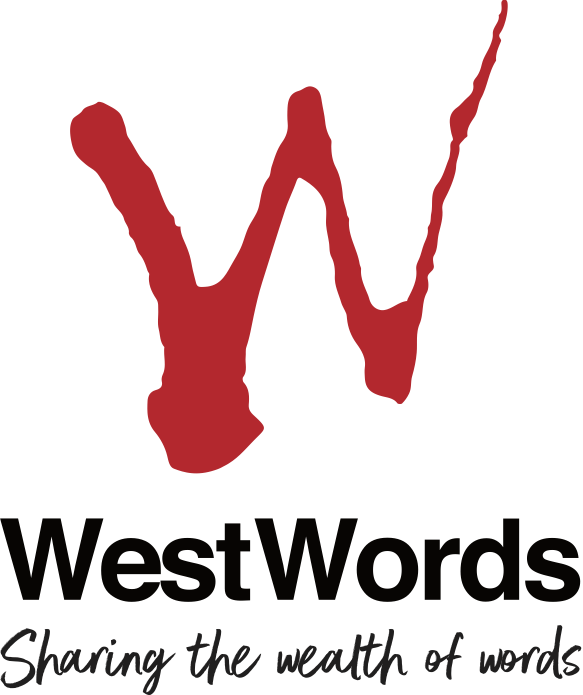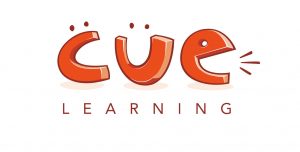The Foundation for Learning and Literacy supports the Alice Springs (Mparntwe) Education Declaration. We are particularly concerned with the role literacy plays in ensuring our children become compassionate, confident, competent and creative citizens in an increasingly complex world. Literacy is about making meaning. It is a powerful, wide-ranging life skill that includes the traditional notions of speaking, reading and writing as well as new kinds of communication that continue to arrive with new technologies.
The Foundation provides information about relevant research and classroom practices that establishes an evidence base for effective literacy teaching and learning. Our aim is to support teachers and parents who work every day with children to give them the power, the joy and the skills of reading and writing. The Foundation’s resources will also be of interest to anyone concerned with educational policy making, including politicians, business and the media.
The Foundation has developed some Touchstones for effective literacy teaching and learning that are supported by research, and classroom success. To read more about the research evidence base, or see examples of classroom practice which exemplify each touchstone see other areas of the Foundation website.
The members of the Foundation for
Learning and Literacy acknowledge Aboriginal and Torres Strait Islander peoples
as the traditional owners of the country that we call Australia.
We pay our respects to Elders past, present and future.
"The brain needs to have sense and meaning for learning."
Dr. David A. Sousa, international consultant in educational neuroscience.
